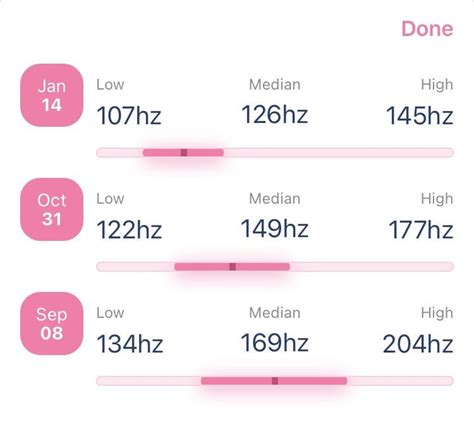The Evolutionary Roots of Deep Male Voices: Sexual Selection
The noticeable difference in voice pitch between adult men and women is a common biological characteristic across human populations. While women’s voices typically remain higher-pitched, men’s voices undergo a dramatic deepening during puberty. The prevailing scientific explanation for this phenomenon centers on sexual selection, a powerful evolutionary force that drives the development of traits enhancing an individual’s ability to attract mates or compete with rivals.

Signaling Dominance and Body Size
One core aspect of the sexual selection hypothesis is that a deeper voice serves as an honest signal of a male’s physical attributes, particularly his body size and strength. Lower fundamental frequencies are produced by longer and thicker vocal cords, which are themselves a product of a larger larynx. A larger larynx generally correlates with a larger overall body size. In ancestral environments, a larger body size would have conferred advantages in inter-male competition for resources, territory, and access to mates. Thus, a deep voice could have evolved as an auditory cue, signaling potential rivals about a male’s formidable presence and potential dominance without requiring a direct physical confrontation.

The Role of Testosterone
The dramatic voice change in males during puberty is directly mediated by a surge in testosterone. This androgenic hormone causes the larynx to grow and the vocal cords to lengthen and thicken. Since testosterone levels are also strongly linked to other secondary sexual characteristics, overall musculature, and indicators of male fitness, a deep voice becomes an indirect but reliable indicator of a male’s hormonal profile and genetic quality. Females, consciously or subconsciously, may interpret this vocal cue as a sign of reproductive viability and good health, thereby making males with deeper voices more attractive.

Attractiveness and Mate Choice
Research consistently shows that women often rate men with deeper voices as more attractive, dominant, and even more prestigious. This preference is believed to be an evolved mechanism, where a deeper voice signals traits that were historically advantageous for offspring survival and parental investment. Beyond physical attractiveness, a deeper voice might also be associated with perceived maturity, competence, and leadership qualities, all of which could have been desirable attributes in a long-term partner in evolutionary contexts.

Broader Implications and Context
While sexual selection, particularly through inter-male competition and female mate choice, is the leading hypothesis, it’s important to view this trait within the broader context of human evolution. Vocal communication played a crucial role in social bonding, hunting, and warning calls. However, the distinct sexual dimorphism in voice pitch points strongly towards an explanation rooted in reproductive strategies. The deep male voice, therefore, is not merely an incidental physiological change, but a finely tuned evolutionary advertisement of male quality and competitive prowess, sculpted over millennia by the forces of natural and sexual selection.





